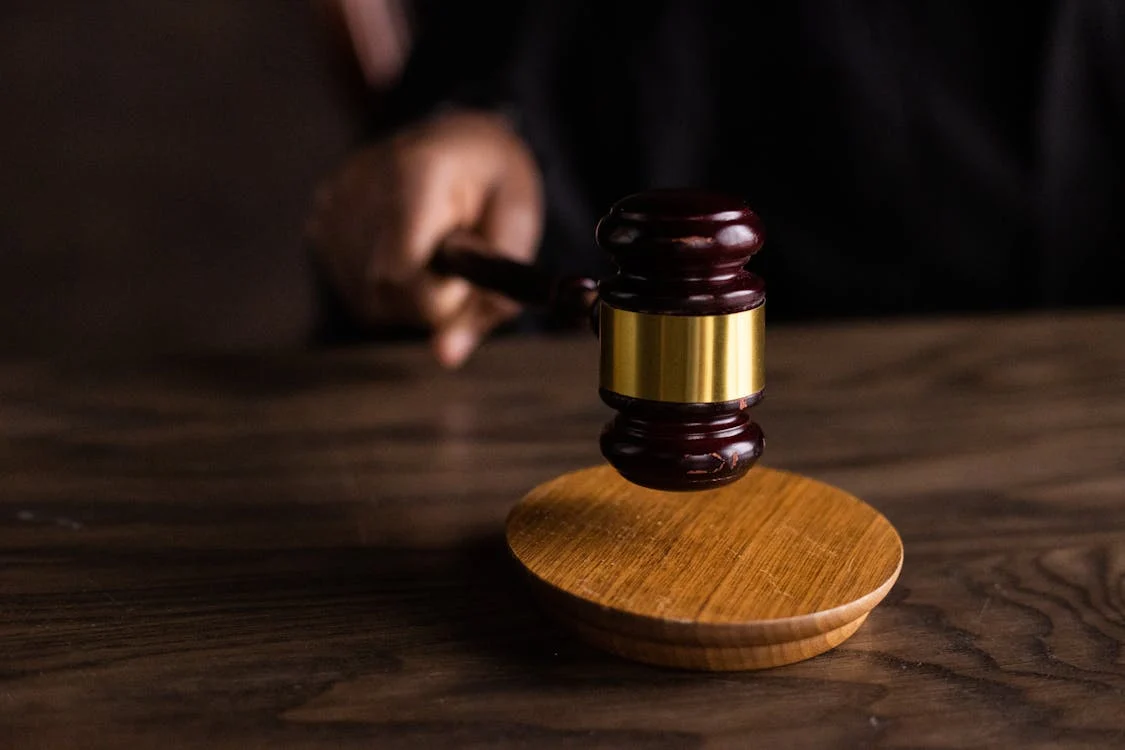The law serves as a guiding compass in society, delineating the acceptable boundaries for behavior and interactions. However, when someone crosses these boundaries, either intentionally or recklessly, it can lead to significant consequences for the affected parties. Understanding the legal recourse available under such circumstances can empower individuals facing justice and ensure that the infringing party is held accountable. This guide outlines the steps toward seeking justice when legal boundaries are overstepped, shedding light on various aspects of the law that come into play.

Understanding State Laws and Their Implications
Each state has its own set of laws that govern behavior, and these can significantly influence the legal outcomes for individuals involved in disputes. States differentiate between types of laws, including civil and criminal, each carrying distinct processes and repercussions. In many cases, a violation of personal boundaries can result in civil lawsuits or criminal charges, depending on the nature and severity of the act committed. A strategic criminal attorney in Madison, WI, or Washington DC, can provide invaluable guidance on navigating these laws effectively. Understanding these laws is crucial, as legal definitions of trespassing, assault, and other boundary-related offenses can vary from one state to another. For instance, what constitutes assault in one jurisdiction may be viewed as a lesser offense in another, impacting how a case is pursued in court. Knowing the local laws and potential penalties allows victims to better protect their rights and seek appropriate justice.
Gathering Evidence: Building a Strong Case
Once an individual recognizes their boundaries have been overstepped, the next step involves gathering relevant evidence. Documentation plays a critical role in any legal case, and the strength of the evidence collected can influence the outcome profoundly. Depending on the nature of the violation, evidence can include medical records, photographs, eyewitness accounts, and any correspondence related to the incident. Keeping a detailed record of all interactions with the offending party can help establish a timeline, demonstrating patterns of behavior that may be illegal or unjust. This meticulous approach to documentation empowers the legal team to present a compelling case in court, ultimately aiding in the pursuit of justice.
Consulting Legal Professionals
Engaging with professional legal experts is essential. An attorney specializing in boundary violations brings in-depth knowledge and experience necessary to navigate the complexities of the legal system. These professionals can help individuals understand their options, outlining the potential risks and rewards of pursuing a case. Beyond just providing legal advice, attorneys are instrumental in preparing documentation, filing necessary motions, and representing clients in court. Having a knowledgeable advocate on one’s side can significantly increase the chances of a favorable outcome, as they can employ strategies tailored to the specific case complexities and nuances.
The Criminal vs. Civil Approach to Justice
When legal boundaries have been crossed, an individual may seek recourse through criminal or civil avenues, each serving different purposes. Criminal cases aim to impose penalties such as fines or imprisonment on individuals who break laws, while civil cases generally center around the compensation of damages suffered by the victim. Understanding which approach is more suitable can depend on various factors, including the nature of the violation, the evidence available, and the ultimate goals of the injured party. Many times, a combined approach may be pursued, allowing for criminal charges against the offender while seeking compensation through civil litigation.
The Role of Mediation and Alternative Dispute Resolution
In some cases, resolving disputes does not always necessitate going through lengthy court procedures. Mediation and other forms of alternative dispute resolution (ADR) can offer pathways to resolve conflicts amicably. These methods allow both parties to engage in discussions guided by a neutral third party, promoting dialogue and seeking mutually beneficial solutions without the immediate pressure of litigation. Mediation can often lead to faster resolutions compared to traditional court proceedings, minimizing emotional strain and costs associated with prolonged legal battles. It also permits the involved parties to maintain some control over the outcome, rather than having a judge impose a decision.
Preparing for Court: What to Expect
Should the case proceed to court, understanding the courtroom dynamics becomes imperative. Court proceedings are governed by formal rules and procedures that both parties must follow. For the plaintiff, this means being prepared to present evidence and witness testimonies effectively. For the defendant, it involves mounting a defense strategy that aligns with their legal rights. Understanding how to present one’s case can significantly affect the outcome. Being familiar with court etiquette, responses to questioning, and procedural expectations can help alleviate the stress associated with facing legal proceedings and contribute to a more favorable resolution.

Post-Case Considerations and Long-Term Effects
After the conclusion of a legal case, whether resolved through a verdict, settlement, or mediation, it is important to consider the long-term implications. Legal decisions can affect individuals far beyond the immediate outcomes, influencing future interactions and experiences. For victims, boundaries might have been established and recognized, fostering a sense of empowerment, whereas defendants may also need to navigate the repercussions of their actions on their lives and reputations. Further support systems, such as counseling or legal follow-ups, may be beneficial for both parties once a case has concluded. Engaging with professionals who can guide rebuilding after the legal process can facilitate healing and foster growth, allowing individuals to move on with their lives following potentially traumatic experiences.
Staying Informed About Legal Rights
One of the most significant steps in seeking justice when boundaries have been overstepped is understanding one’s legal rights. Laws can differ vastly depending on location and circumstance, making it essential for individuals to stay abreast of changes and the specifics relevant to their case. Attending legal workshops, reading relevant materials, and seeking legal counsel can enhance one’s knowledge and preparedness when facing legal challenges. Active engagement with legal aspects fosters an empowered approach to justice, providing individuals with the confidence to stand up against injustices, whether institutional or interpersonal.
Navigating the complexities of the legal system when boundaries are overstepped can be daunting. However, equipping oneself with knowledge about state laws, gathering solid evidence, and seeking professional legal assistance can pave the way for a successful pursuit of justice. Embracing available resources and understanding the various pathways to resolution will empower individuals to overcome such challenges.
